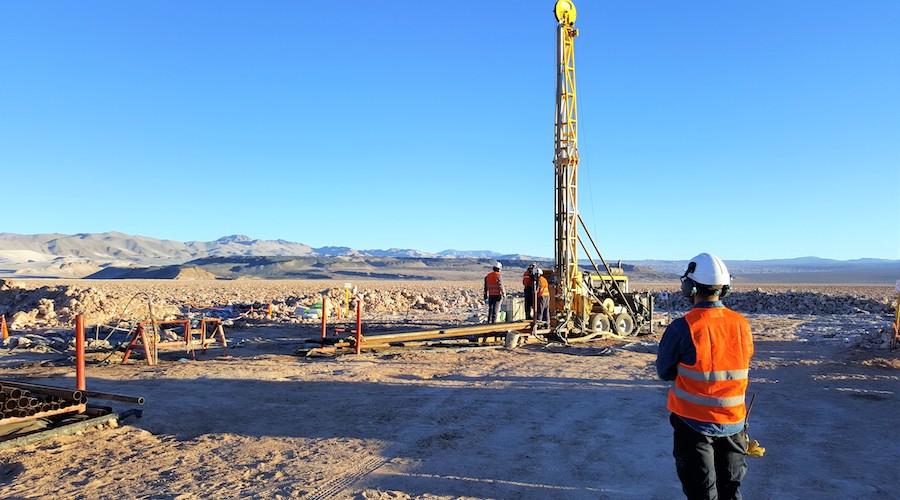Lake Resources shares hit by short seller’s lithium tech allegations

Short seller J Capital Research on Monday alleged that Lake Resources NL’s plan to produce lithium in Argentina is based on a process from Lilac Solutions Inc that likely does not work, the latest attack against a wave of new technologies aiming to produce the electric vehicle battery metal.
Shares of Lake, which are traded in Australia, fell 6.3% on Monday after J Capital’s report outlined several alleged missteps by Lake’s management and claimed that technology developed by Lilac is too costly to run and uses too much freshwater.
Privately-held Lilac is among the most-prominent developers of so-called direct lithium extraction (DLE) technologies aiming to extract the battery metal from brine using a range of equipment, though none have worked at commercial scale.
“Lake has hitched its cart to Lilac’s yet-to-be-proven technology,” J Capital Research said in the 17-page report. “Investors still have no evidence that the Lilac DLE technology works at scale, and if so, at what cost.”
Lilac signed a deal with Lake last September to develop the Kachi lithium project in Argentina, part of a plan to evolve from a technology company to a lithium producer. read more .
In April, Ford Motor Co signed a preliminary lithium supply deal with Lake.
Representatives for Lake could not immediately be reached for comment. J Capital declined to disclose the size of its short position.
Lilac’s technology uses ceramic beads to attract lithium in batch cycles, akin to a laundry machine, after which a water-and-acid mixture is used to wash off the metal.
J Capital alleges in the report that the beads only work for 150 cycles, making Lake’s project uneconomical.
Lilac Chief Executive Dave Snydacker said that figure is “factually inaccurate” and that his company has tested the beads at more than 1,000 cycles.
“I don’t know where they got that number from. Maybe they’re guessing,” Snydacker told Reuters, adding his company expects to deliver a pilot plant to Lake’s Kachi site by the end of the month.
“We have a high degree of confidence that our plant will be successful because we’ve supported the design with so much test work.”
(By Ernest Scheyder; Editing by Marguerita Choy)
{{ commodity.name }}
{{ post.title }}
{{ post.date }}




Comments